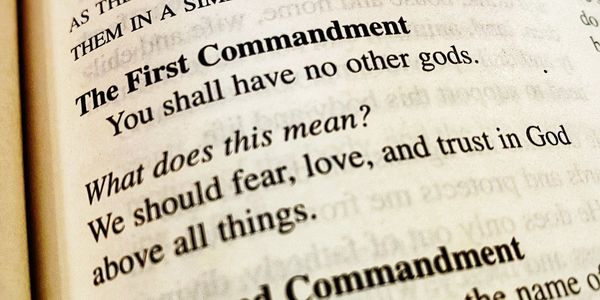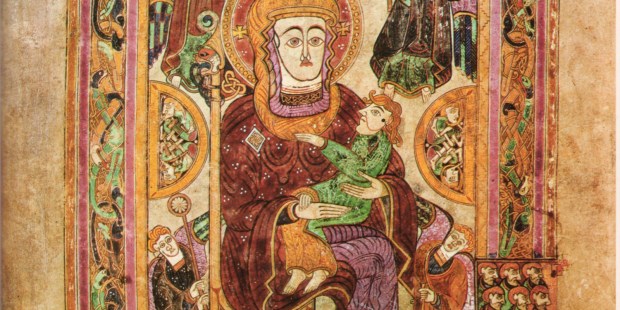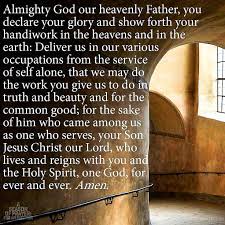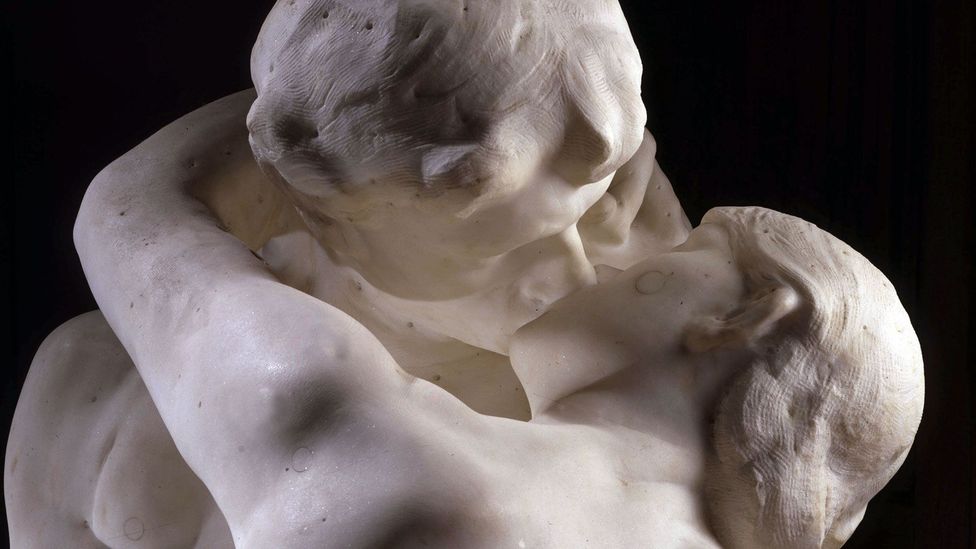Unlike some folks, I do not believe that the structures we have chosen to govern ourselves as churches are absolutes, written on stone by God, and brought down the mountain by a prophet. We decide most of them. No, we cannot forego pastors but having teachers or DCEs or one of the other commissioned offices we have decided to have is a choice we make -- not an edict from God. While I think that having bishops is more Biblical than not, I do not find the kind of definition we commonly attach to bishop today laid out in Scripture. It is probably more true that every pastor of every congregation is closer to a bishop in the way the New Testament ordered things than a regional administrator like bishops are today. I have read plenty of arguments to dispute this where the writer insists upon a different charism for bishop and priest. Today, maybe but not in the parlance of Scripture or the common order of the early church.
Districts or not, dioceses or not, well, this is plainly up to us. What is not up to us is the business of ecclesiastical supervision of doctrine and practice. The rest is something we decide and if we all agree, we make into the rules that govern us. Matters of jurisdiction are more choice and tradition (in the sense that is the way we have always done it) than Biblical mandate. But folks can get pretty caught up in it all and love to make rules about it that presume they have their origin in God. The rules that govern us have power because we agree to be governed by them.
One example is the idea that what happens in worship ought to reflect doctrinally pure orders. I believe that this is certainly true but nobody seems to know how to apply it. In my church body it has a constitutional and bylaw expression but that seems to have little affect upon what a local congregation decides to do. That is my issue. If we don't believe it is true, change it. But don't leave it there for everyone to see and then ignore it with a wink and a nod. We love to do just that. When you sub in a parish somewhere and they tell you we just follow the hymnal but then you get a couple of pages single spaced showing how they deviate from the hymnal and its rubrics, well, then you know. We think we are following the rules but we don't follow the rules we don't like.
I wish we talked about doctrine as much as we talked about rules. It does not seem to matter if you are called a District President in the LCMS or a bishop in the Episcopal Church or a pope in Rome, we are quick to throw rules at a problem that is really theological more than it is procedural. Maybe we just might hear the last of some of the embarrassing or scandalous things we do if approached a doctrinal problem doctrinally. Maybe if we talked doctrinally more often, we would not have such embarrassing lapses as apple juice in communion cups or online sacraments. But, it doesn't seem like we will abandon our penchant for making rules and then ignoring them. Sadly, we have doctrines that are well attested in Scripture and heralded in tradition and we don't pay full attention to them either. If Adam and Eve had operated as we do, they would have merely told God that the rules don't apply to them. Perhaps, that is exactly the problem of Eden and of Christianity today.



+waters+of+life..jpg)


:quality(100):focal(1253x678:1263x688)/cloudfront-us-east-1.images.arcpublishing.com/thesummit/TP4E6KMYEJEOTI2BZXDTOWRWIM.jpg)










